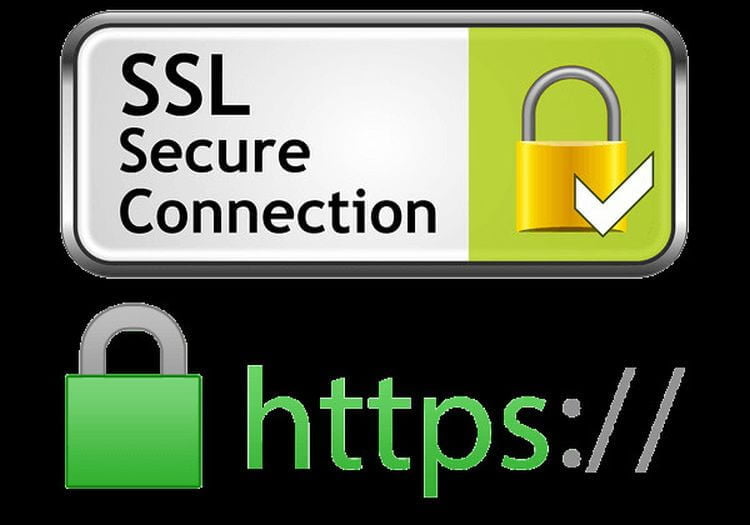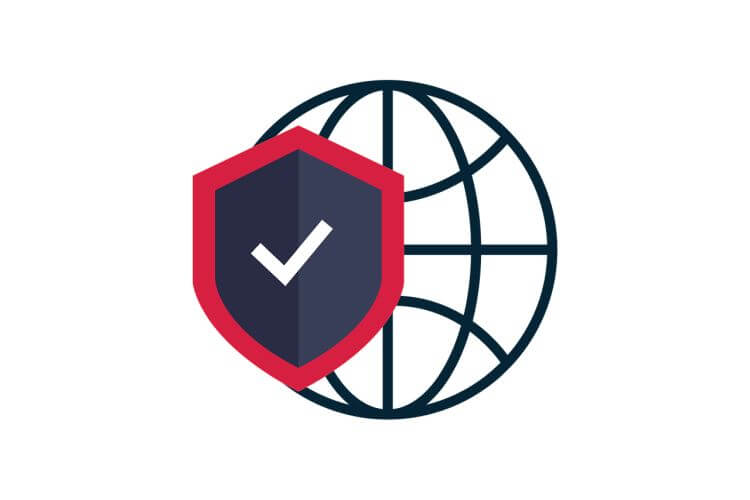Difference Between Domain Validation & Extended Validation SSL

Updated April 26, 2019
What type of SSL certificate should you get? Understand Domain Validation, Extended Validation and the differences between SSL certificate types so that you have the proper protection for your website, have coverage for subdomains/email/everything, give your visitors a reason to trust you and don’t spend an arm and a leg doing it.
SSL certificates are a great way to make your website look trustworthy and legitimate; especially if you are allowing users to create accounts with your business or are selling something online. They also help protect your company’s information as well as that of your visitors. Interestingly, SSL certificates can even boost your rankings on search engines, according to a 2016 research by Backlinko. That’s why you can never underestimate the importance of having them on your sites.
This article will discuss two kinds of SSL certificates: Domain Validation and Extended Validation SSL to help you pick the one that matches your business needs. But before we go into details, let’s have a look at what an SSL certificate is and why it’s essential.

SSL Certificates
Secure Sockets Layer (SSL) is a digital certificate that binds a cryptographic key to a company’s details. When integrated into a web server, it activates the https protocol and padlock and allows secure connections between the server and browser. This keeps attackers and hackers from being able to read and steal login credentials, credit card information, data, passwords and so on.
A certificate acts as an electronic passport that determines the credentials of an entity when transacting online. When a visitor tries to send confidential data to the server, their browser accesses the web server’s digital certificate and initiates a secure connection.
An SSL certificate has the following information:
- The name of the certificate holder
- The serial number and expiration date of the certificate
- A public key copy of the certificate holder
- The digital signature of the authority issuing the certificate
It’s easy to identify sites that have an SSL certificate – you will see a padlock in the address bar on the left side of the company’s URL.
Difference between Domain Validation & Extended Validation SSL
All SSL certificates provide session security and encrypt any data keyed into the site, but as stated earlier, they are not created equal. They vary regarding the amount of identity information they include in the certificate and how they appear in browsers.
SSL certificates come in three different trust levels (from lowest to highest) – Domain Validated, Organization Validated and Extended Validation SSL. Before settling for any option, it is essential to think about the level of security you want to give your users. You should also think about the importance of your brand identity to your online presence – like do you want your brand to display in the address bar or just appear in the certificate only? And so on.

Extended Validation SSL (EV SSL) Certificate
An EV SSL certificate is meant to prevent phishing attacks and offers the highest level of security assurance to your clients. You’ll need an extended validation of your company and authorization to order this certificate, (you’ll be prompted to avail some few documents) before getting the certificate. Please note that this process will take between a few days to a few weeks to complete before the certificate authority issues the certificate for your domain.
Nothing provides more security and trust than an EV SSL certificate; so much so that the leading organizations in the world use it. In fact, statistics reveal that switching from an Organization Validation SSL to Extended Validation SSL certificate improves customer confidence and increases online transactions. Websites protected with an EV certificate triggers a visible green browser bar to show users that the company’s physical and legal existence was approved as per the industry standards.
In addition to enhancing confidence and trust through the strictest authentication process, Extended Validation certificates display a Green Bar on the latest browsers to differentiate the secured site from the rest. The blend of Symantec’s rigorous validation processes, the Norton/Symantec Seal and the Green Bar assures the highest degree of trust amongst users. It is near impossible to phish or impersonate an EV-powered website because in as much as the content can be copied; the Green Bar cannot be displayed without a trusted EV certificate.

Domain Validated Certificate (DV SSL)
These are the most basic SSL certificates in the market. They contain the least amount of identity information in the certificate and only prove that the domain is registered and the site admin is running the URL. The DV SSL includes the domain name in the certificate as opposed to the organization or business name. They are cheaper and since the certificate authority only checks against domain registry for your domain information; it takes a few minutes to get a DV SSL.
Although DV SSL provides session encryption, they don’t include any business information. Meaning, there’s nothing added in the certificate to prove that the URL belongs to a certain company. That’s why DV SSLs aren’t often recommended for business use. However, if your employees or clients already trust your organization, and security is not a concern, then you can go ahead and use a DV SSL.
DV SSL are fully supported and share similar browser recognition as Organization Validates SSL, but come with that benefit of immediate issuance, without the need to provide business paperwork. It is a perfect option for companies needing low-cost SSL, fast, without having to submit company documents.
In a nutshell, here’s the difference between EV and DV SSL:
| Features | Extended validation SSL | Domain validation SSL |
| Validation level | Most strict | Lowest |
| Verification method | CA verifies ownership, physical location, organization information and legal existence of the organization | CA verified the organization has authority over the domain in question |
| Verification mode | Documents needed for identification | Through email |
| Duration | Few weeks | Minutes to a few hours |
| Expense | Most expensive – high human involvements | Minimal – no human involvement |
| Indication | A green address bar with the name of the organization | HTTPS connection |
Looking for web hosting? Look no further! KnownHost offers Shared, Cloud, VPS and Dedicated hosting to suit any budget – all with proven best uptime on the planet! Check out our plans and pricing here!